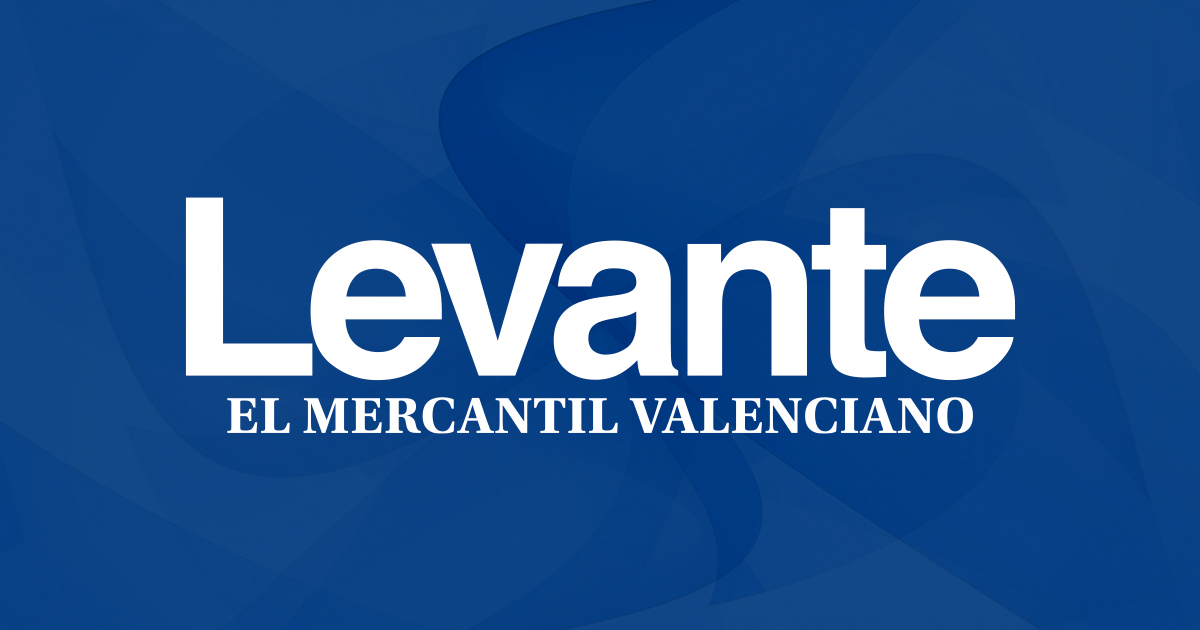Life as we know it is written in the genomes of the vast number of organisms with which we share the planet. In this sense, the impressive progress in genetic sequencing technologies allows us to obtain more and more data related to the code of life. Thus, it is this huge amount of data that hides the explanation of how this code works which also includes the continuing advances in artificial intelligence (AI).
We observe how machine learning techniques today train reliable models that generate predictive knowledge from comparing data from people with and without certain diseases. Knowledge of great diagnostic value. The magic of mathematics that, through appropriately trained and modified functions, predicts whether or not we have a disease.
Moreover, interpretable AI-based processes, with careful conceptual and ontological support, provide explanatory knowledge that explains the reason for predictive diagnosis. It is about the power of conceptual modeling that allows us to interpret reality.
The predictive and explanatory knowledge that artificial intelligence gathers and puts at the service of modern software platforms for clinical diagnosis and selection of corresponding treatments in medicine that has never been imagined before. Predictive models created using machine learning techniques that predict whether we will get cancer. Explainable AI models that explain why we have it. Thanks to recent advances in gene editing mechanisms, precision genomic medicine is able to correct the genetic errors that cause disease.
Predicting cancer, explaining its causes, and correcting it from its source are scientific processes in which we are progressing step by step in an unstoppable way. Processes that were previously attributed only to magic or religion are now on the horizon of science. Hundreds of ambitious research projects are moving steadily in this direction around the world. Day after day, we understand more and more the errors that explain the emergence of these diseases that we are talking about. We better understand the instructions of this life programming language that explain certain behaviors. We can understand the formation of this symbol associated with certain characteristics of a person.
A process in which very diverse roles are involved, such as geneticists, clinical experts of all kinds, software engineers, data scientists, biologists, bioinformaticians, biotechnologists, anthropologists, or philosophers. They all advance a massive, transversal global scientific effort, with each actor contributing in turn. In this joint effort, everything is necessary, but nothing is sufficient in itself.
However, to take this great step, as a rational human being, we must understand that only through cooperative action and solidary participation of all actors can we win the game and achieve the goal of being a genius human being, able to decipher the language of life. To understand it and even deal with it.
The challenge is exciting and the risks are clear. Knowing and avoiding them is everyone's responsibility. We are at a moment when we will be able to define what kind of humanity we want, and as such, we have an enormous historical responsibility. Therefore, it is not unreasonable to conclude that we are facing a new “renaissance” that will move us from Homo sapiens to Homo genius.
A huge step forward in human history would mean truly personalized and precision medicine. Because there is nothing more personal than that genomic code that makes us unique individuals, and nothing more precise than tailoring treatments to the specifics of that unique individual code. This challenge is before us. A new way of understanding medicine after many centuries of history. Exciting times for ethics that must provide “humane” responses to approaches never seen before.
If we are supposed to be the most advanced species, then we have a moral obligation of the first order to our planet: an obligation to make use of all this destructive knowledge to generate a better world. Let us welcome this looming human genius, but above all let us take this great step for the benefit of all humanity.

“Social media evangelist. Student. Reader. Troublemaker. Typical introvert.”

:quality(85)/cloudfront-us-east-1.images.arcpublishing.com/infobae/TEQF6EONZRFGLLLDIDD4L2O4EE.jpg)

:quality(75)/cloudfront-us-east-1.images.arcpublishing.com/elcomercio/XU32LRAEZFDDPNVHLFU3CKVBYY.jpg)



More Stories
Venezuela ranks fourth in female leadership in science and technology in Latin America
In Portuguesa and Sucre they explore the wonderful world of science
The university court overturns the expulsion of two teachers and a chemical sciences student